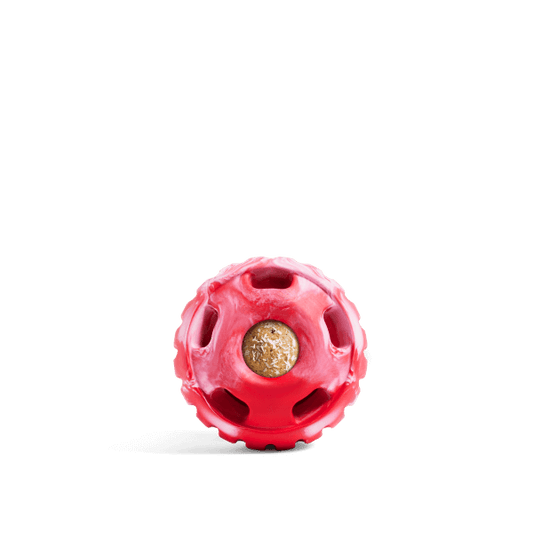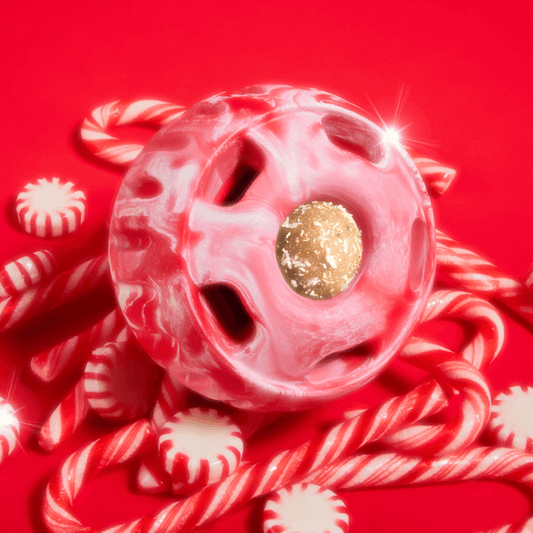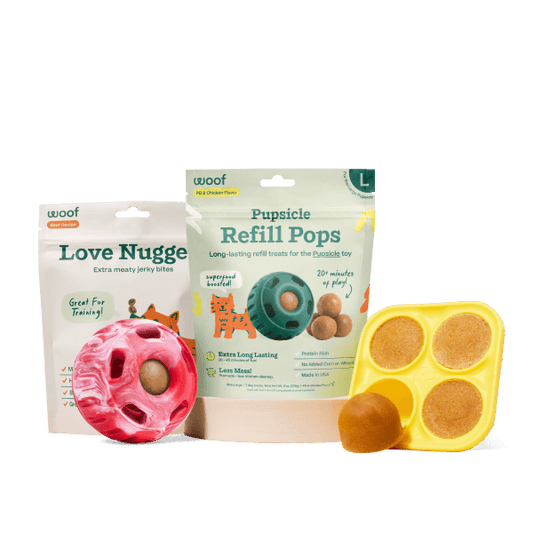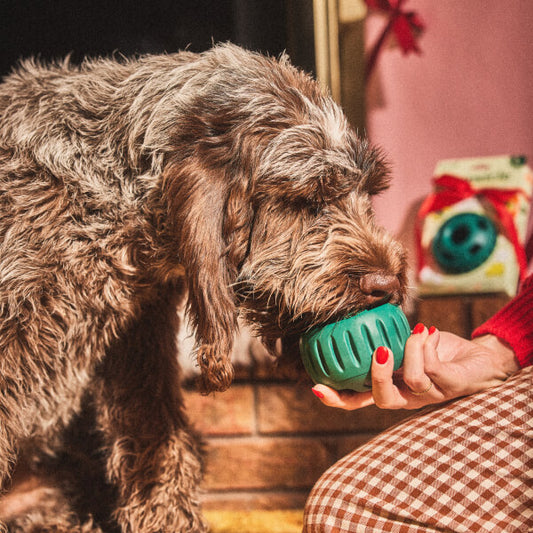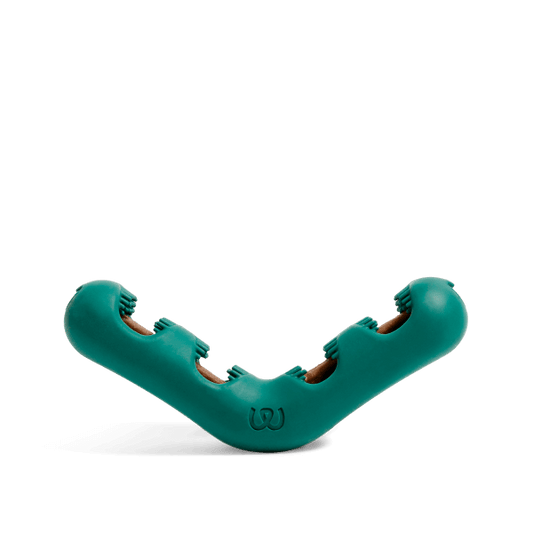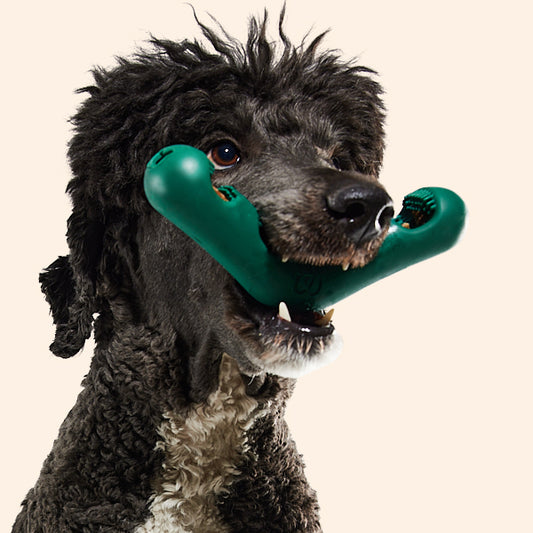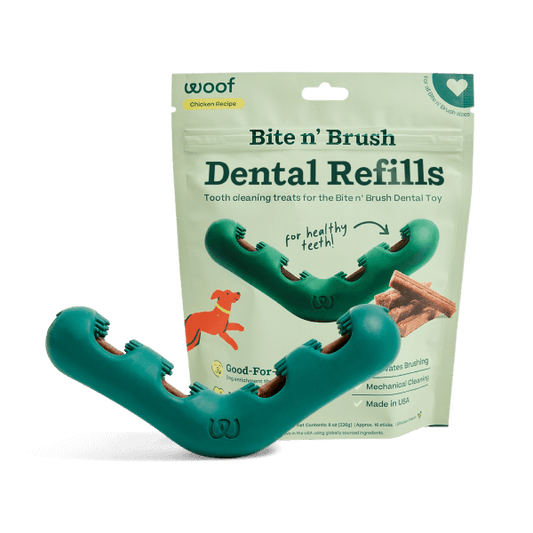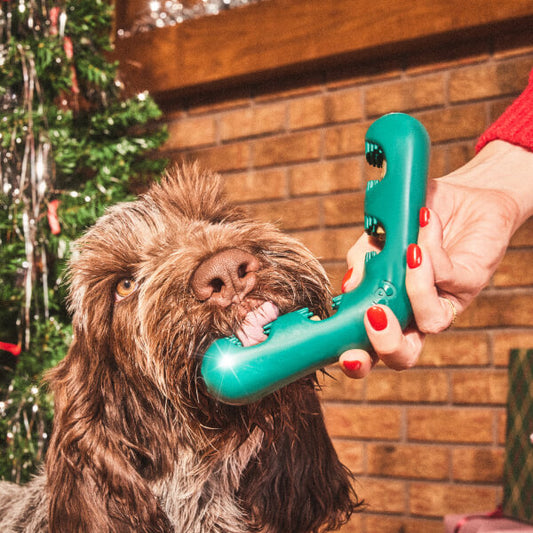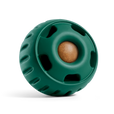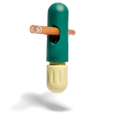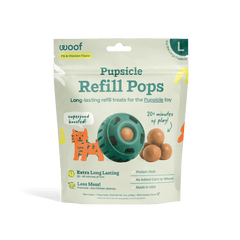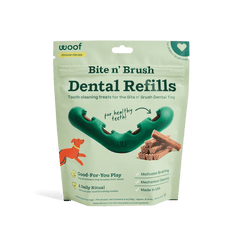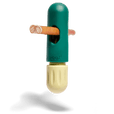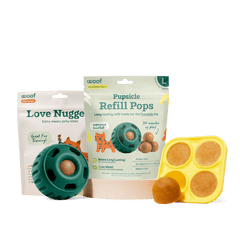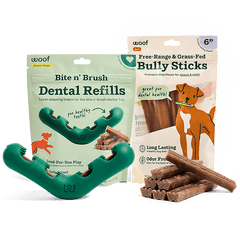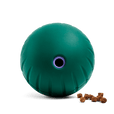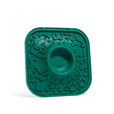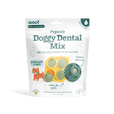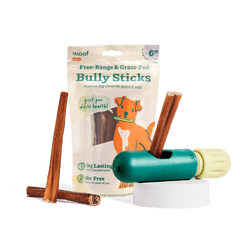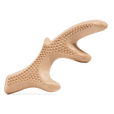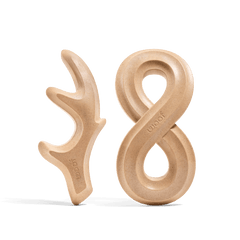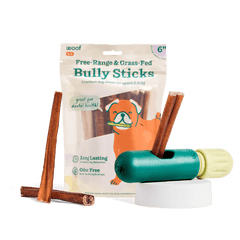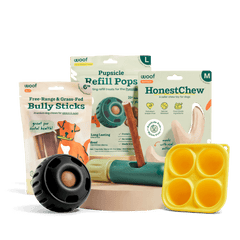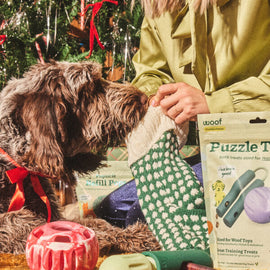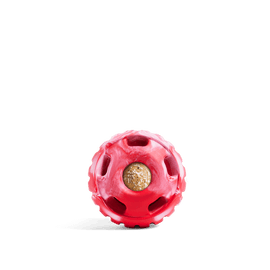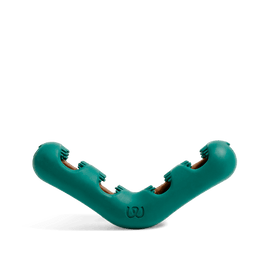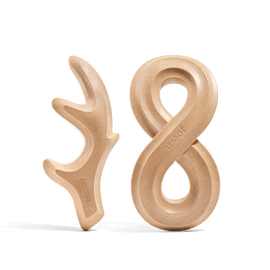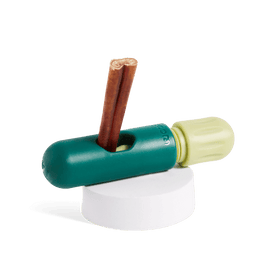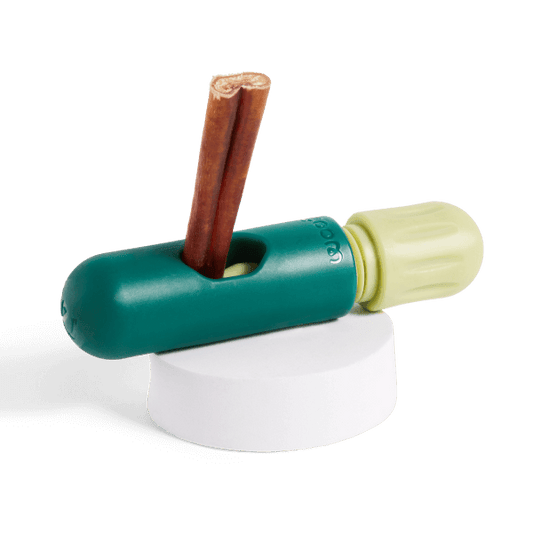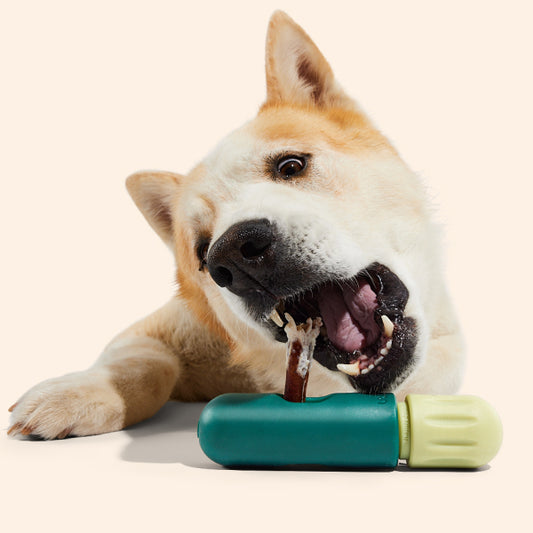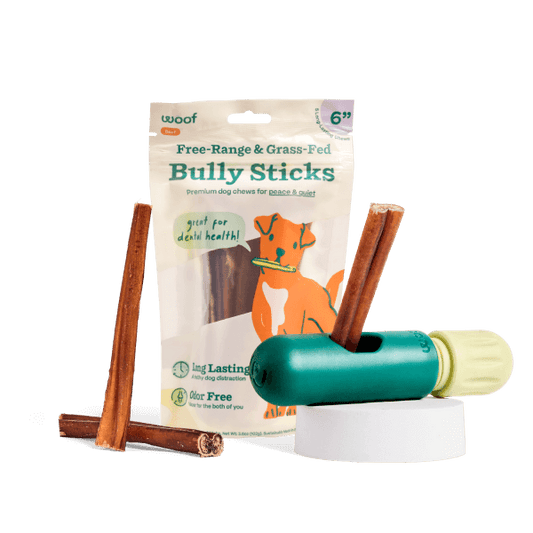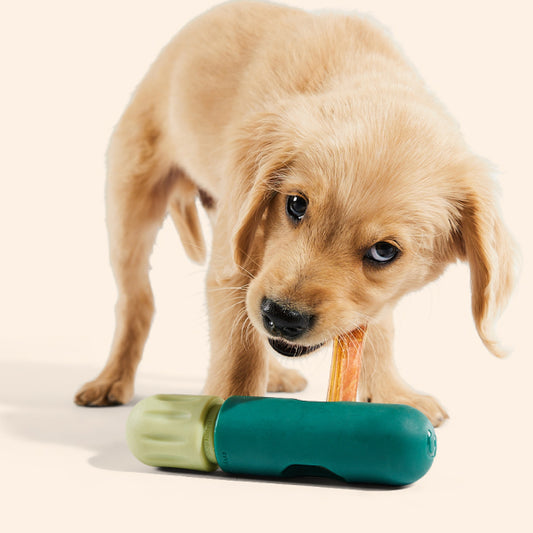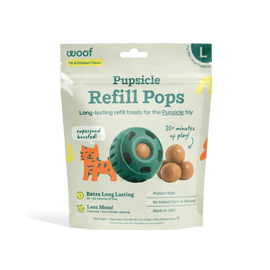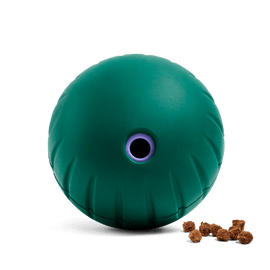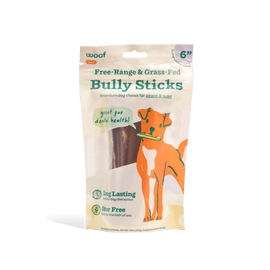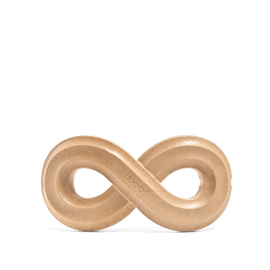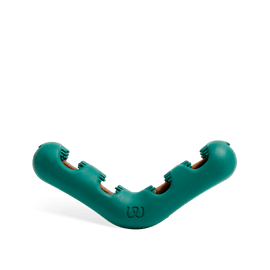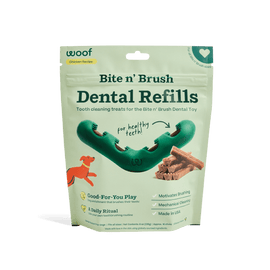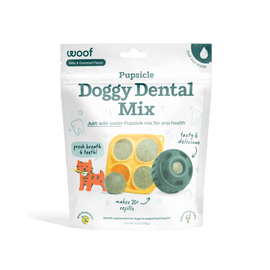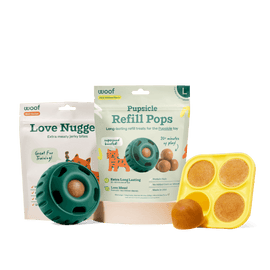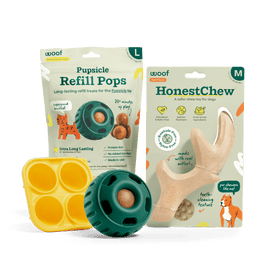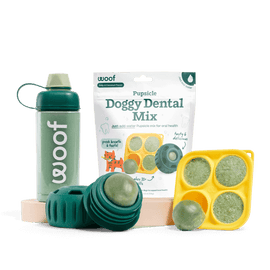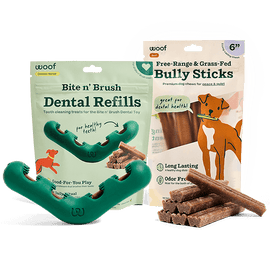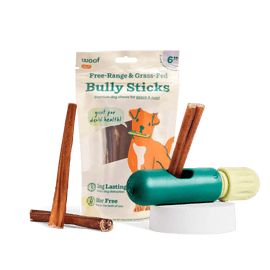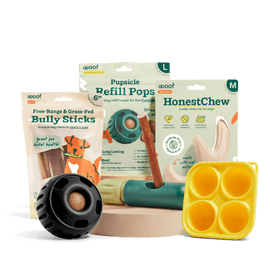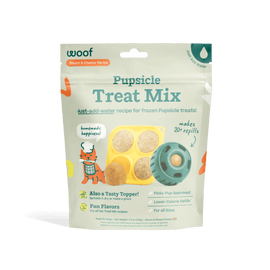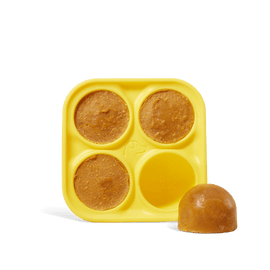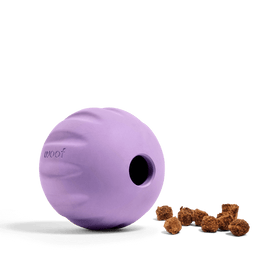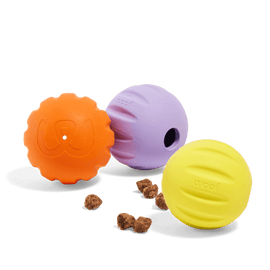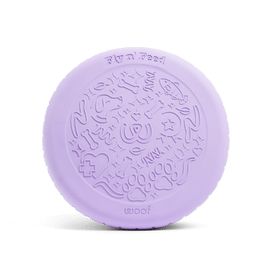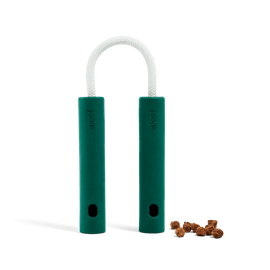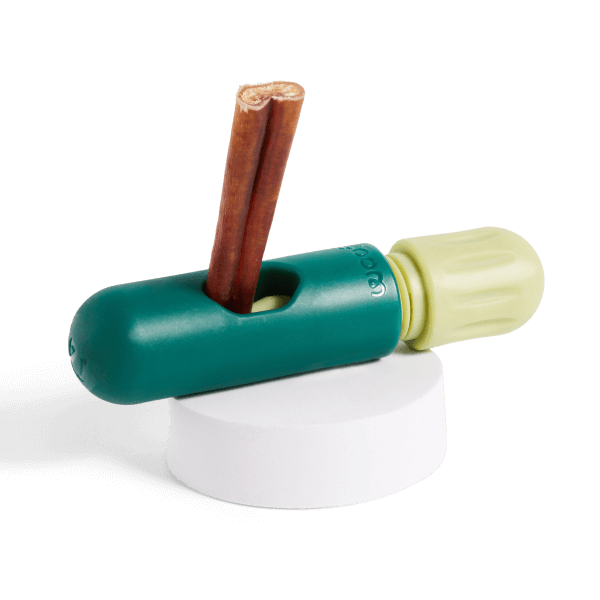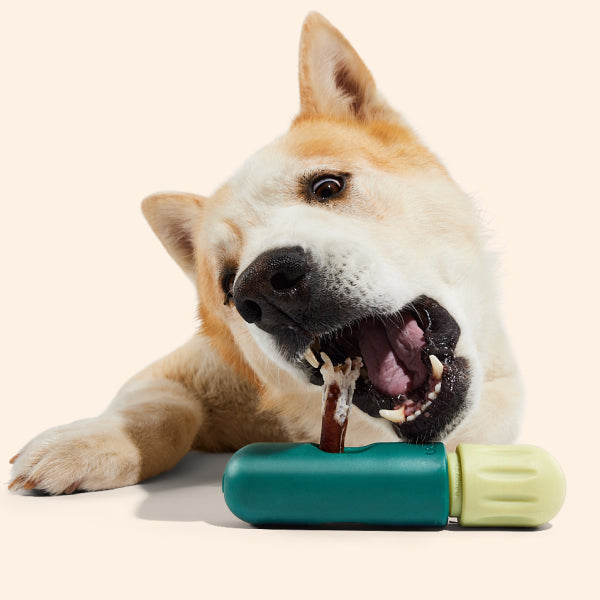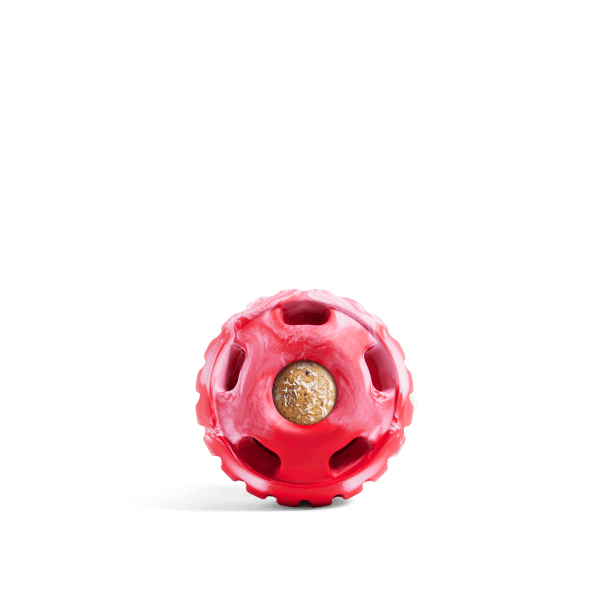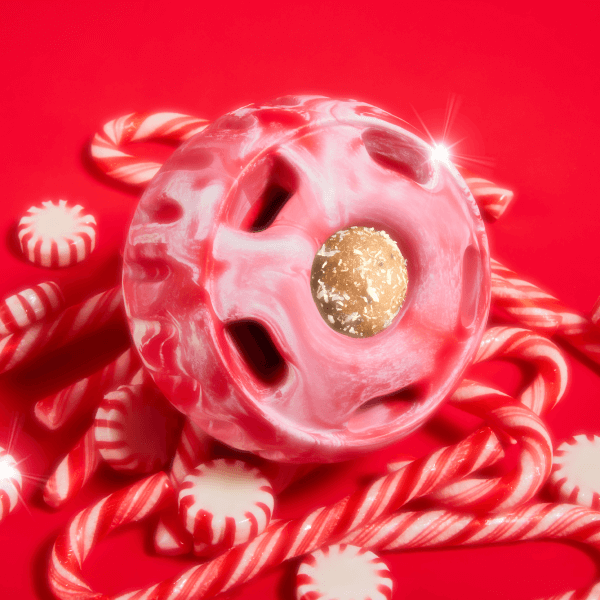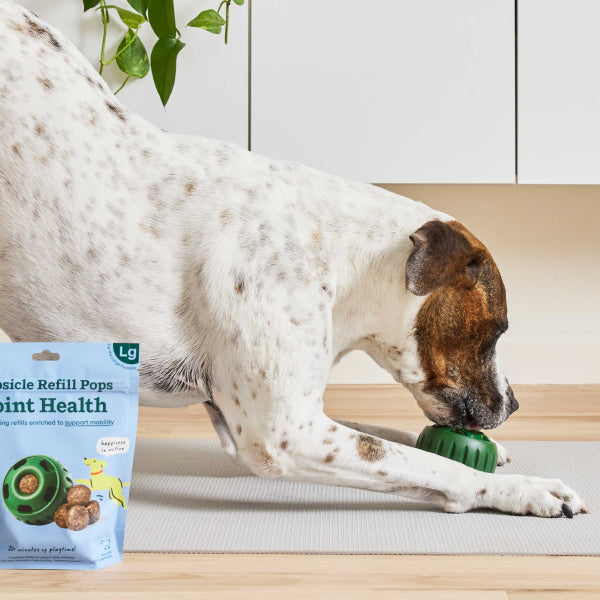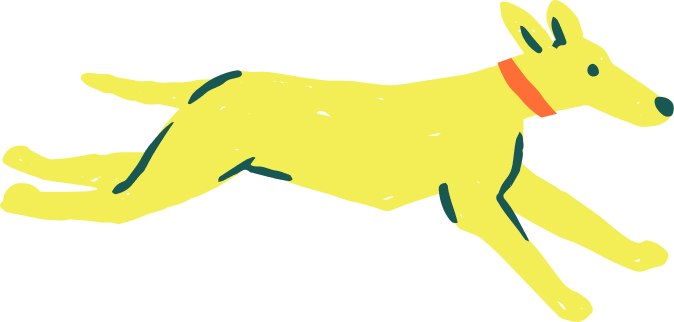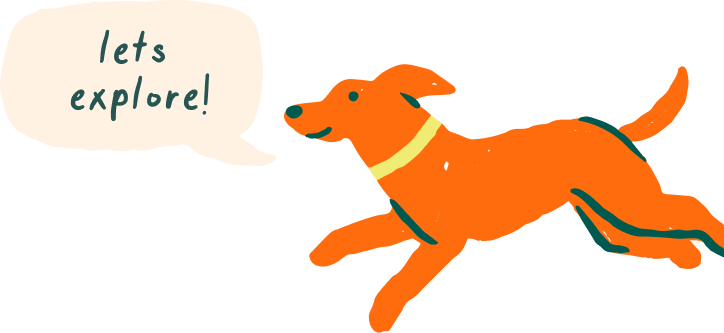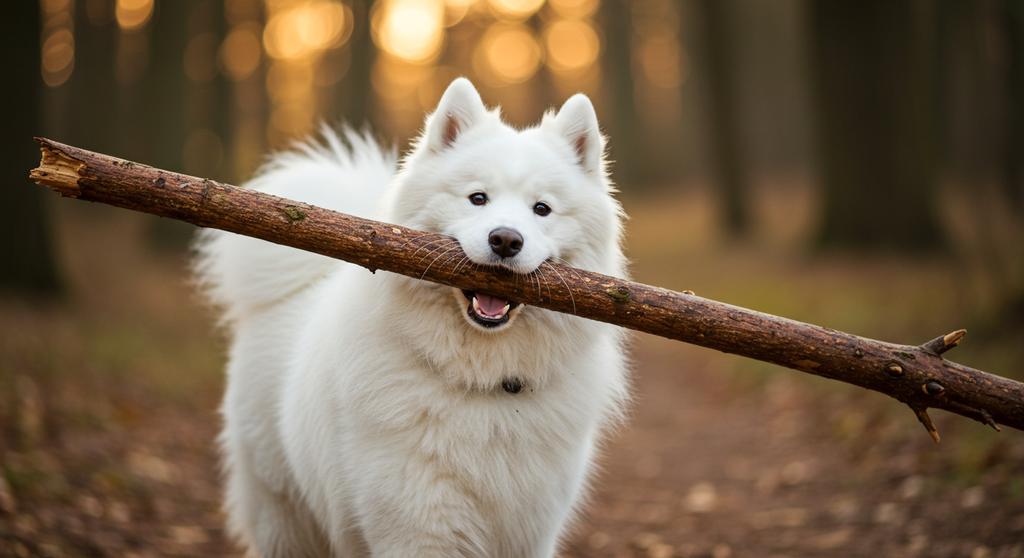
We've all seen it - our dogs bounding through the yard, stick in mouth, proudly trotting around as though they've found treasure. But why do dogs love sticks so much? it's one of those quirks that, as dog owners, we've come to expect. From a dog's perspective, a stick isn't just a random object; it's a toy, a tool, and sometimes even a challenge. But what exactly makes sticks so irresistible to our canine companions?
First of all, sticks are natural and versatile. They're easy to find in the great outdoors, often lying around in parks or backyards, just waiting for your dog to pick them up. Their shape and texture make them perfect for gnawing, chewing, and fetching. But there's more to this fascination than just the physical appeal.
The Scent Factor
Dogs have an extraordinary sense of smell, so it's no surprise that they find sticks incredibly intriguing. Sticks are often covered with scents from the environment around them - whether it's the earthy smell of the ground, the scent of other animals, or even the odor of decaying leaves. These smells can trigger a dog's curiosity and sense of adventure, making them feel like they're exploring a new world with each sniff.
Chewing Satisfaction
Chewing is a natural behavior for dogs, helping them to relieve stress, clean their teeth, and just burn off some energy. Sticks provide the perfect texture for a satisfying chew. The rough surface helps to massage your dog's gums and clean their teeth in the process. If you've noticed your dog chewing on sticks in particular, it could be because they're instinctively drawn to objects that provide a good balance of resistance and comfort.
Playtime and Fetching Fun
Another reason dogs love sticks is because they're ideal for playing fetch. The length and shape of a stick make it easy for dogs to carry and retrieve. Whether it's a short sprint or a longer chase, fetching a stick taps into your dog's natural instinct to retrieve objects. Many dogs also enjoy playing with sticks simply because they bring a sense of accomplishment when they catch or carry them back to their owner.
Sticks as Tools
Some dogs have been observed using sticks for more than just chewing or fetching - they'll carry them around like tools. You may even see a dog try to use a stick to dig or explore. This behavior can be traced back to their instincts to gather and manipulate objects in their environment, especially in their role as hunters or foragers in the wild. In a sense, the stick becomes a multi-purpose object that serves not only as a toy, but also as an extension of their natural behaviors.
How Can You Satisfy Your Dog's Love for Sticks?
If your dog loves sticks, it's important to make sure they're engaging with safe and appropriate items. While sticks from nature can be fun, they can also pose risks like splinters or choking hazards. That's where Woof's The BullySafe comes in. This durable and safe chew toy is designed to mimic the fun of natural sticks without the dangers. It's the perfect way to satisfy your dog's urge to chew while keeping their teeth safe and healthy.
If you're looking for a refreshing way to treat your dog after a good stick-chewing session, check out the Pupsiclea frozen delight that'll cool them off and keep them licking for more! Or, if you're in the mood for something that boosts your dog's health, the Hip & Joint Pops are a great choice for supporting joint health while your dog has fun.
Conclusion
Sticks are more than just pieces of wood to your dog - they are entertainment, a source of natural curiosity, and a great way to engage in play. Whether it's the natural scent, the chewing satisfaction, or the fun of fetching, it's easy to see why dogs are drawn to sticks. But while they can be fun, don't forget to consider your dog's safety with high-quality alternatives like The BullySafe. And remember, there's always a Woof product to keep your dog entertained and healthy while exploring the world around them.
